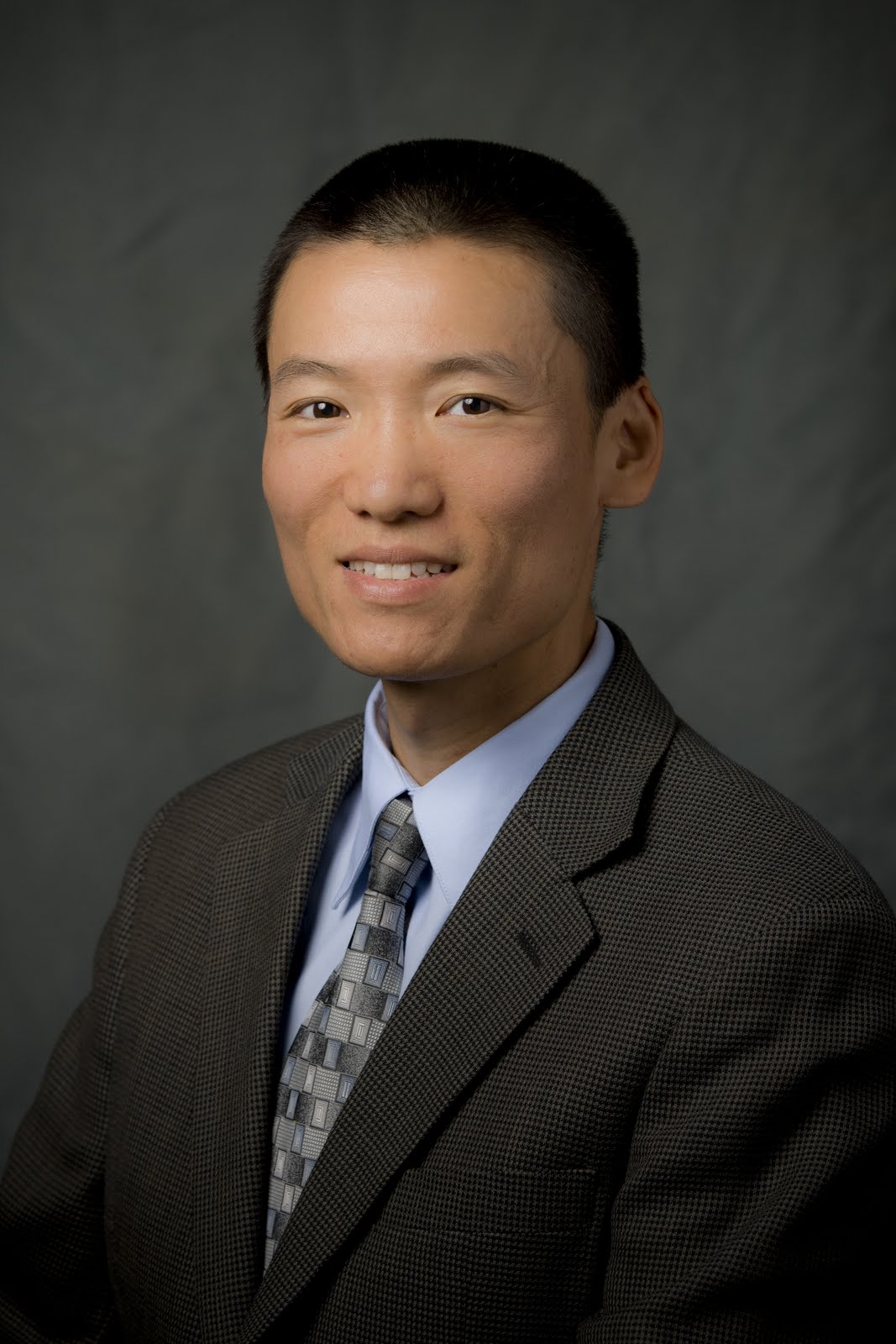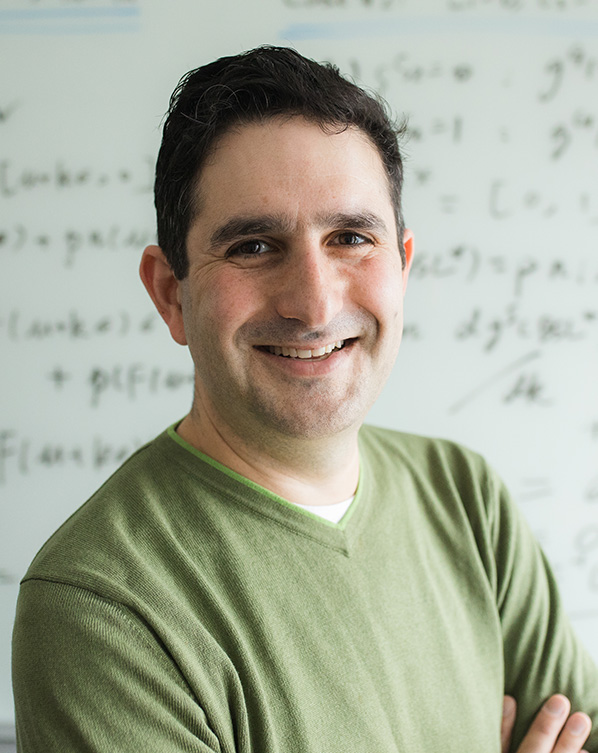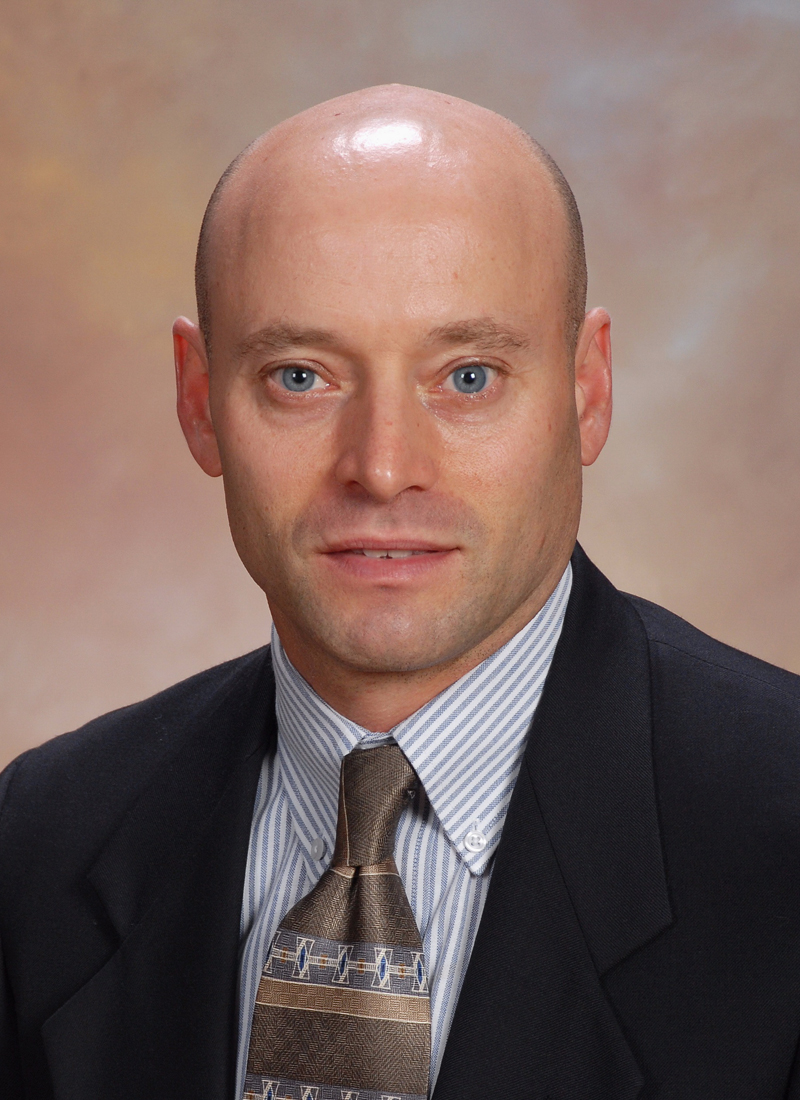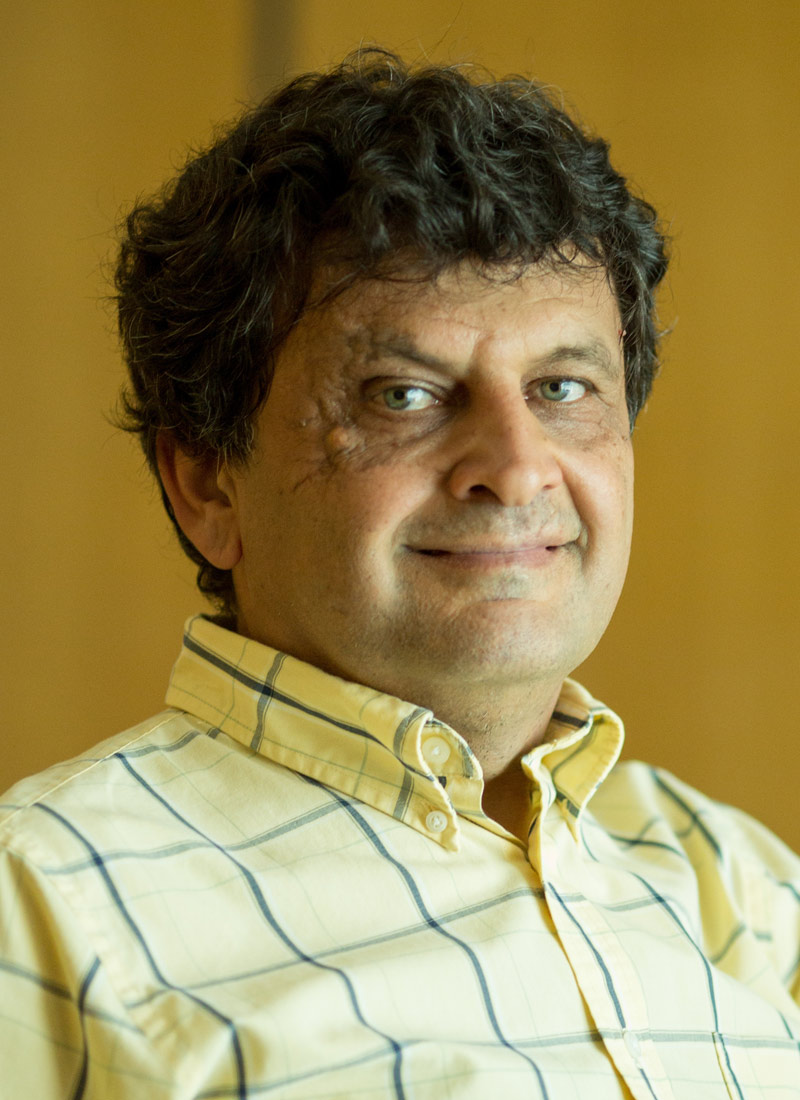
RICK BLUM
Robert W. Wieseman Professor
Prof. Rick Blum holds the Robert W. Wieseman Endowed Professorship in Electrical Engineering, is the lead Lehigh PI for our DoE Cybersecurity Center (SEEDs), is the Integrated Networks for Electricity Cluster Director, is director of Lehigh's Signal Processing and Communication Research Lab. and is a former Energy Systems Engineering Institute Director.
Prior to joining the Lehigh faculty, he was a senior member of technical staff at General Electric Aerospace and graduated from GE`s Advanced Course in Engineering. He served on the editorial board for the Journal of Advances in Information Fusion of the International Society of Information Fusion. He was an associate editor for IEEE Transactions on Signal Processing and for IEEE Communications Letters. He has edited special issues for IEEE Transactions on Signal Processing, IEEE Journal of Selected Topics in Signal Processing and IEEE Journal on Selected Areas in Communications. He was a member of the SAM Technical Committee (TC) of the IEEE Signal Processing Society, the Signal Processing for Communications TC of the IEEE Signal Processing Society, and the Communications Theory TC of the IEEE Communication Society.
Prof. Rick Blum is an IEEE Fellow, an IEEE Signal Processing Society Distinguished Lecturer, an IEEE Third Millennium Medal winner, and an ONR Young Investigator.

LIANG CHENG
ASSOCIATE PROFESSOR
Liang Cheng's current research focuses on ad-hoc/sensory networks and system instrumentation/analytics with applications in cyber-physical systems. Dr. Cheng has been the Principal Investigator (PI) and a Co-PI of projects supported by the U.S. National Science Foundation (NSF), the Defense Advanced Research Projects Agency (DARPA), the U.S. Department of Energy (DOE), Pennsylvania Department of Community and Economic Development, Agere Systems, Inc., East Penn Manufacturing Co., Inc., PPL Corporation, and ABB, Inc. He has advised six Ph.D. students to their graduation, one postdoc, and several visiting scholars, authored/co-authored more than 100 papers and technical reports, and served as an expert reviewer on project proposals for programs in U.S. such as NSF, DOE and NIH and in Europe such as The Knowledge Foundation and Austrian Science Fund.
As a former awardee of Christian R. & Mary F. Lindback Foundation Minority Junior Faculty Award, Professor Cheng advocates inter-disciplinary research and integrating research results into undergraduate education. He has published papers on CSE educations, designed wireless sensing lab modules for Engineering 5: Introduction to Engineering Practice, and created a software-hardware co-design course on Network Systems Design at an advanced undergraduate level supported by the NSF and industry partner.
Dr. Cheng was a Visiting Professor at TU Dortmund and University of Science and Technology of China.

LAWRENCE V. SNYDER
PROFESSOR
Larry Snyder's research interests are in supply chain management, logistics, transportation, and facility location problems, models for decision-making under uncertainty, applied optimization, integer programming algorithms and heuristics, and energy applications, especially smart grids.
In smart grid research, Snyder's research uses tools from operations research to address a variety of related optimization problems, drawing upon his research expertise in mathematical models for supply chain management. His research on stochastic facility location and multi-echelon inventory optimization problems finds natural analogies in network design and storage optimization problems in smart grids. His group is developing optimization models and algorithms for dispatch and scheduling problems within the grid (both for service providers and for consumers) in order to design or react to demand-response programs, pricing structures, and other pricing signals that service providers use to shape load profiles. Another avenue of research involves location and dispatch of electricity storage devices (e.g., batteries) in the grid in order to level both the supply and the demand of electricity.

JOHN N. DUPONT
R.D. STOUT DISTINGUISHED PROFESSOR
Dr. DuPont's research interests cover welding metallurgy, solidification, additive manufacturing, alloy development, failure analysis and product litigation. He has published more than 300 technical articles, written one book, edited six books, and authored two book chapters. He holds one patent and has organized seven international conferences. His research programs are supported by the National Science Foundation (NSF), Department of Energy, Office of Naval Research (ONR), Knolls Atomic Power Laboratory, industrial consortia, and Defense Logistics Agency.
He is associate director of Lehigh's Energy Research Center. DuPont has won major awards from the NSF, ONR, American Society of Materials (ASM), and American Welding Society (AWS). In 2000, he received the NSF's Presidential Early Career Award for Scientists and Engineers from President Clinton, the highest honor bestowed by the U.S. government on scientists and engineers.
He is a principal reviewer for Welding Journal, on the editorial board of Science & Technology of Welding and Joining, and a reviewer for Journal of Materials Engineering and Performance. He has served in several capacities for the ASM, and has served on the Edison Welding Institute Navy Joining Center Technical Advisory Board. Dr. DuPont is a fellow of the ASM and the AWS.

MARK A. SNYDER
ASSOCIATE PROFESSOR
Mark Snyder's research focuses on rational and directed design of novel inorganic nanomaterials for efficient separation and reaction technologies, with applications from energy (e.g., integrated biorefinery) to sensing and imaging. Broadly, he is interested in engineering functional inorganic nanoparticles and the porosity, morphology, and functionality of a range of inorganic thin films. Toward this end, he integrates materials synthesis and characterization with molecular and multiscale modeling of phenomena spanning molecular transport to device performance.
One current effort in his lab seeks rational design of crystalline inorganic membranes for high-selectivity separations. While membranes composed of oriented and intergrown microporous zeolite crystals have been investigated for decades, Snyder focuses on narrowing the materials gap (i.e., single-crystal vs. polycrystalline selectivity) that has, in part, stifled their rapid commercialization for large-scale separations. He and his team target fundamental efforts at the materials engineering level, aiming to elucidate molecular transport in grain boundaries and to uncover the chemical nature of such polycrystalline features in order to guide their in situ and post-synthesis engineering. Another current project investigates the engineering of membrane selectivity, functionality, and versatility on porous, nanoparticulate films.

ALPARSLAN OZTEKIN
PROFESSOR
Professor Oztekin and his students conduct research on the fundamental steady/unsteady flow and heat transfer in Newtonian and non-Newtonian fluids, linear and nonlinear stability, flow transitions, nonlinear dynamics of viscoelastic flows, unsteady swirling and shearing flows, flows in a porous medium.
Prior to his appointment to the Lehigh faculty in 1994, Oztekin served as a postdoctoral research associate at MIT. He is a member of the Society of Rheology, the American Society of Mechanical Engineers, the American Physical Society, and Pi Tau Sigma. He is recipient of the Spira Award for Excellence in Teaching and the Pi Tau Sigma Teacher of Year Award.
